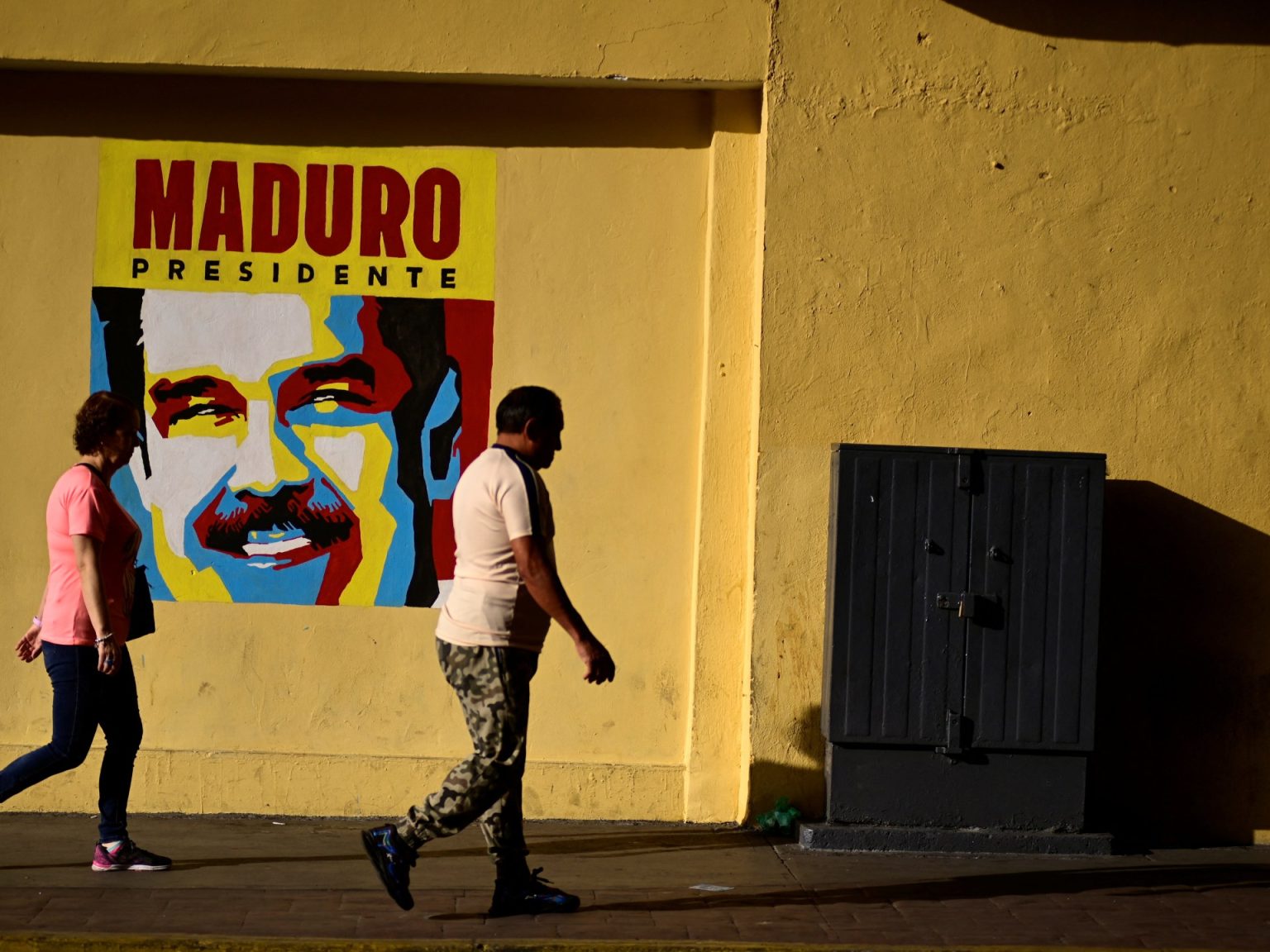The government of Venezuelan President Nicolas Maduro has announced that it is ending Brazil’s authority to represent Argentine interests in the country. This decision would affect Brazil’s stewardship of the Argentine embassy in Caracas, where six Venezuelan opposition members are currently seeking asylum. Maduro’s government claimed that the decision was effective immediately due to alleged assassination attempts being planned within the diplomatic facility. Following a contested presidential election in July, Maduro and his allies have been cracking down on opposition members, leading to growing tensions and increasing diplomatic isolation for Venezuela.
Brazil responded to the announcement by releasing a statement indicating that it would not surrender its authority over the embassy, citing international law that protects diplomatic facilities from local law enforcement interference. The Brazilian government emphasized the inviolability of the facilities of the Argentine diplomatic mission under the Vienna Conventions. Argentina had previously severed relations with the Maduro government, leading Brazil to agree to take custody of the embassy to continue representing Argentine interests in Venezuela until a new government takes over these responsibilities.
Opposition members staying in the Argentine embassy in Caracas reported on social media that the building appeared to be under surveillance and had lost electricity, with government intelligence agency patrols seen outside. These six individuals had sought shelter in the embassy in March after facing arrest orders on conspiracy charges from government prosecutors. The announcement of Brazil losing its representation of Argentine interests in Venezuela comes at a time when the Maduro government is facing increased pressure both domestically and internationally following the disputed July election.
The July 28 presidential election in Venezuela saw Maduro claiming victory for a third term without providing detailed vote tallies, leading to widespread allegations of fraud from the opposition. Opposition leaders presented precinct-level tally sheets showing candidate Edmundo Gonzalez Urrutia receiving significantly more votes than Maduro, sparking protests calling for transparency and Maduro’s resignation. In response to the unrest, Maduro’s government has deployed violence and made hundreds of arrests, including issuing an arrest warrant for Gonzalez himself for various alleged offenses.
Human Rights Watch released a report condemning the Venezuelan security forces’ crackdown on protesters, highlighting at least 23 protester deaths attributed to the authorities in the wake of the July election unrest. The group described the government’s actions as “shockingly brutal” and called for accountability for the violence. The situation in Venezuela remains volatile, with ongoing protests, political tensions, and international disputes over the legitimacy of Maduro’s presidency. The decision to end Brazil’s representation of Argentine interests in Venezuela adds to the diplomatic turmoil surrounding the Maduro government, as it navigates mounting challenges and growing isolation.













